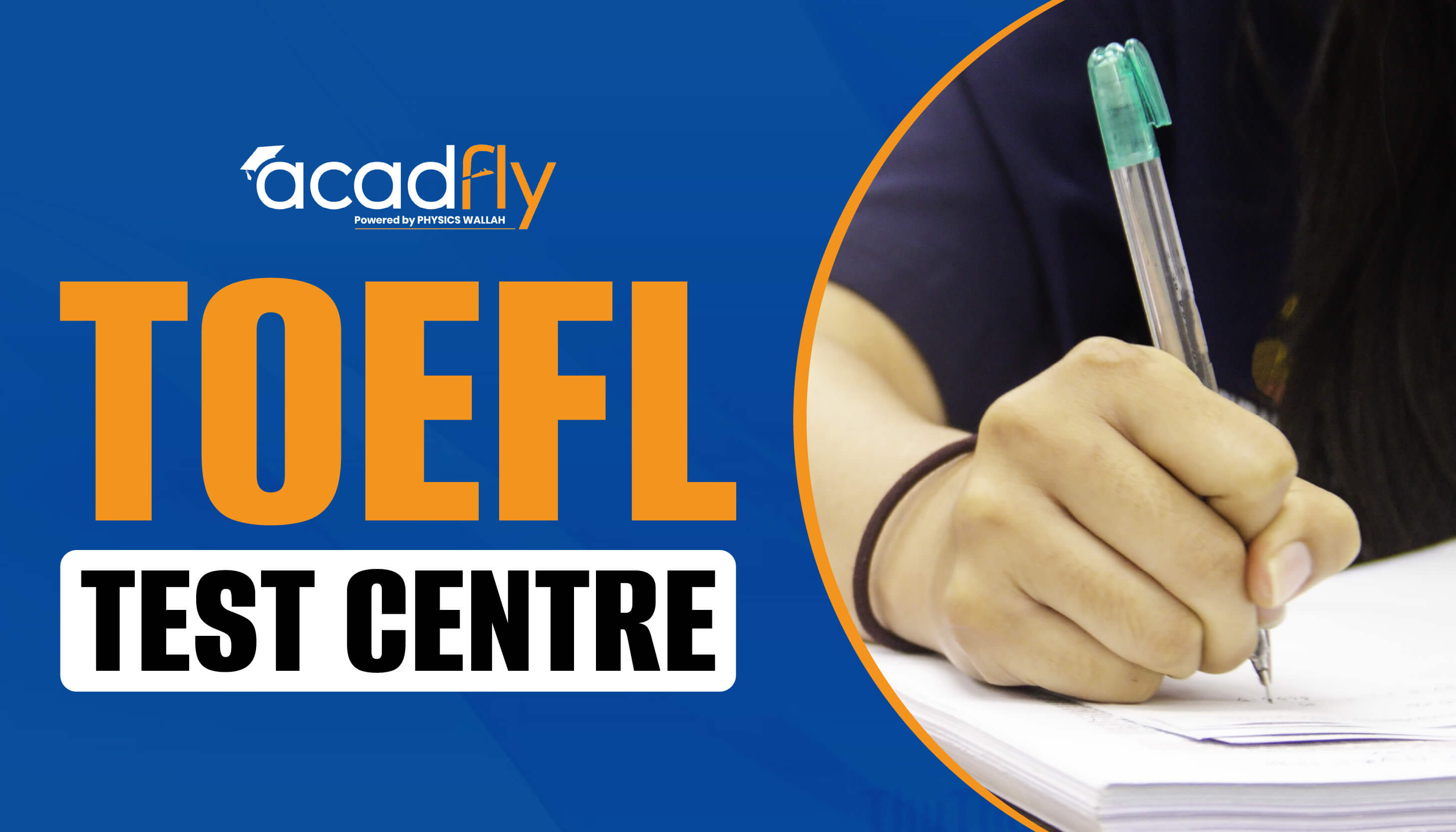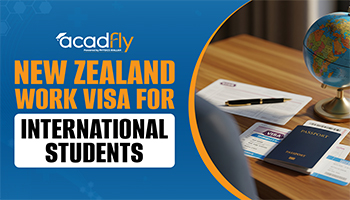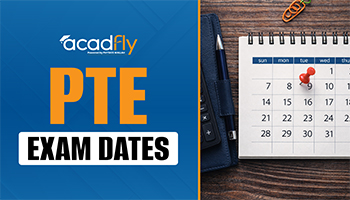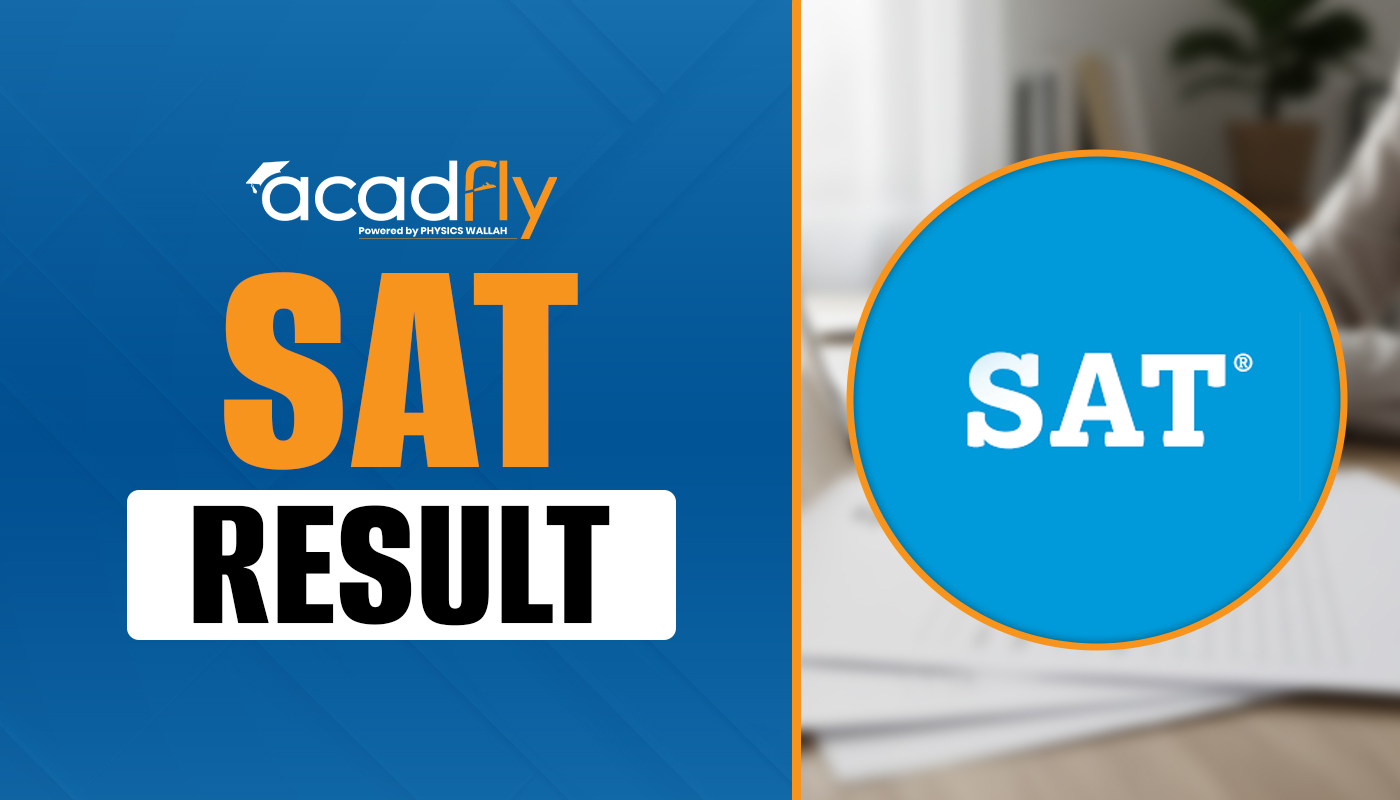USMLE exam eligibility knowledge is the first step when you are planning to give the exam. The USMLE is a reliable and significant three-step test for medical licensing in the United States. It is supported by FSMB and NBME. The USMLE evaluates a test taker's capacity to utilize knowledge, concepts, and principles, and to showcase essential skills focused on the patient. These abilities form the foundation of secure and efficient patient treatment. Health care consumers across the country have a strong sense of trust that Doctors who have completed all three Steps of the USMLE have achieved a shared benchmark.
The USMLE assists medical licensing bodies and doctors in the United States via its development, provision, and ongoing enhancement of top-notch evaluations throughout the range of physicians’ readiness for practice. State medical boards utilize USMLE results to guide licensure choices and to assist in fulfilling their objectives of public safety. The USMLE program follows professional testing standards to ensure fairness and equality to candidates, while highlighting crucial details for medical authorities. Planning your USMLE journey requires meticulous attention to detail, and understanding the eligibility landscape is the first, and perhaps most critical, step.
Eligibility 2025 Overview
The USMLE is a three-step examination, typically taken during medical school and residency. Each step assesses different competencies and knowledge domains. Meeting the eligibility criteria for each step is essential to progress through the examination process and ultimately become licensed to practice medicine in the US. The key areas of focus for USMLE eligibility include:
|
Category |
Description |
|
Nationality |
While not explicitly restricted, nationality and medical school location influence ECFMG eligibility for IMGs. |
|
Education |
US/Canadian Medical School Students/Graduates: Enrolled in or graduated from LCME-accredited institutions. IMGs: Graduated from a medical school listed in the World Directory of Medical Schools meeting ECFMG criteria. |
|
Age Limit |
No formal age limit, but time since medical school graduation can impact eligibility due to USMLE/ECFMG deadlines. |
|
Attempts |
Maximum of six attempts per Step exam. |
|
Work Experience |
Not a direct requirement but clinical experience is highly recommended. |
|
ECFMG (for IMGs) |
Pass USMLE Step 1 and Step 2 CK. Complete ECFMG Pathway requirements (like Pathway 1 requiring a license to practice unsupervised in your country of medical education). Medical school verification. Application submission and fee payment. |
Nationality
While the USMLE itself doesn't explicitly impose nationality-based restrictions for Step 1 and Step 2 CK, your nationality and the location of your medical school can significantly impact your eligibility for ECFMG certification, which is a prerequisite for IMGs to take later steps and participate in residency programs. Be sure to verify any specific restrictions that may apply based on your individual circumstances directly with ECFMG.
Educational Qualification 2025
This is the cornerstone of USMLE eligibility. You must meet one of the following criteria:
-
Students or Graduates of US and Canadian Medical Schools: Students officially enrolled in or graduates of medical schools accredited by the Liaison Committee on Medical Education (LCME) in the US and Canada are generally eligible.
-
International Medical Graduates (IMGs): IMGs must meet specific requirements, including:
-
Graduation from a medical school listed in the World Directory of Medical Schools that meets ECFMG eligibility criteria.
-
Meeting other ECFMG requirements, which may vary.
-
It is extremely important to verify that your medical school is recognized by ECFMG.
Age Limit 2025
There is no formal age limit for the USMLE exam. However, the timing of your medical school graduation can indirectly affect your eligibility. The USMLE and ECFMG have policies regarding the timeframe within which you must complete the steps and obtain certification. If a significant amount of time has passed since your medical school graduation, it might impact your ability to meet these deadlines. Since there is no upper age limit for USMLE exam, the concept of age relaxation doesn't apply.
Number of Attempts
The USMLE allows a maximum of six attempts for each Step exam. This limitation is in place to ensure the integrity of the examination process and to ensure that only qualified candidates progress. If you fail a Step six times, you will no longer be eligible to take that Step.
Work Experience
Work experience is not a direct eligibility requirement for the USMLE. The examination primarily assesses your medical knowledge and clinical skills. However, clinical experience, particularly during medical school, is invaluable for preparing for the USMLE and for demonstrating your competence as a future physician.
ECFMG Certification for IMGs
The ECFMG certification is a critical component for IMGs. ECFMG Certification Pathway 1 is an option for international medical graduates (IMGs) pursuing ECFMG certification, necessary for admission to graduate medical education (GME) in the United States.
Let's explore the ECFMG certification pathway 1 and the overall ECFMG certification step-by-step process:
ECFMG Certification Step-by-Step:
-
Create an ECFMG Account: Begin by creating an account on the ECFMG's Interactive Web Applications (IWA) website.
-
Verify Medical School Credentials: ECFMG will verify your medical school diploma and transcripts directly with your institution. This process can take time so it's essential to start early.
-
Meet Examination Requirements: You need to pass USMLE Step 1 and Step 2 CK (and Step 2 CS, though currently suspended).
-
ECFMG Pathway (for specific eligibility): Pathway 1 typically requires that you hold a license or registration to practice medicine without supervision in the country where you received your medical education. Specific requirements for each pathway are detailed on the ECFMG website.
-
Submit Application and Pay Fees: Complete the ECFMG certification application and pay the required fees.
-
Receive ECFMG Certification: Upon successful completion of all requirements, you will receive your ECFMG certificate.
Eligibility criteria 2025
The Eligibility Criteria 2025 for USMLE must be completed and fulfilled by candidates on the time of registration. So, given below are Eligibility criteria 2025 mentioned below
Step 1 and Step 2 CK
To qualify, you need to belong to one of these categories when you apply AND on the day of your exam:
-
An individual officially registered in, or a graduate of, a medical program at a US or Canadian medical school to the MD qualification that is recognized by the LCME, OR
-
A medical student officially registered in, or a graduate of, a US medical school offering the DO degree that is recognized by the Commission on Osteopathic College Accreditation (COCA), OR
-
A medical student who is officially registered in, or a graduate of, a medical school located outside the US and Canada, included in the World Directory of Medical Schools as fulfilling ECFMG eligibility criteria, and that satisfies additional eligibility requirements of the ECFMG.
Step Three
The criteria for Step 3 eligibility are:
-
Achieving passing scores on Step 1 and Step 2 CK, AND
-
An MD or DO degree from a US or Canadian medical school accredited by the LCME or the COC
-
OR the equivalent of the MD degree from a medical institution outside the US and Canada that is included in the World
Key Points to Remember
Enrolling in a USMLE prep course with an experienced instructor is the most effective way to create a detailed and tailored study plan and package for the USMLE Step 1 and USMLE Step 2 CK. Kaplan offers you the choice to study for the USMLE at your own pace or to prepare for the USMLE in real-time with a knowledgeable instructor. If you're uncertain about how to study for the USMLE from India and wish to consider various options, begin your preparation with our complimentary practice materials. Here are a few suggestions to assist you in getting going:
-
Design a study schedule: Establish an organized study timetable that addresses all essential subjects and provides sufficient time for revision and practice.
-
Utilize trustworthy study materials: Purchase top-notch study resources, reference guides, and question banks to enhance your understanding.
-
Think about preparatory courses: A lot of IMGs discover that taking preparatory courses, whether face-to-face or online, helps improve their comprehension and exam-taking abilities.
-
Utilize practice tests: Complete sample exams to familiarize yourself with the structure and timing of the USMLE. This will aid in lowering anxiety on the day of the test.
-
Thorough preparation is essential for success in the USMLE exams and for progressing in your medical career.
Toknow more about USMLE syllabus kindly refer Decoding USMLE: Syllabus Breakdown & Exam Insights
Grasping the eligibility criteria for USMLE Step 1 and Step 2 CK is essential for medical students and graduates who aspire to practice medicine in the United States. These tests are crucial in evaluating a candidate's preparedness for clinical work. Meeting the eligibility requirements and preparing properly can lead to a thriving medical career in the United States. The eligibility requirements for the USMLE are essential steps for international medical graduates who wish to practice medicine in the United States. Regardless of whether you're getting ready for Step 1, Step 2, or Step 3, following the guidelines set by the Educational Commission for Foreign Medical Graduates (ECFMG) is crucial.
Keep in mind that the requirements for eligibility can vary, so consistently check official sources for the most current information. Also, take into account any extra requirements set by the state medical board in which you intend to work.
Frequently Asked Questions
What happens if I miss the registration deadline?
Can I change my test date or location after registering?
What should I do the day before Step 1?
What should I bring on test day?









